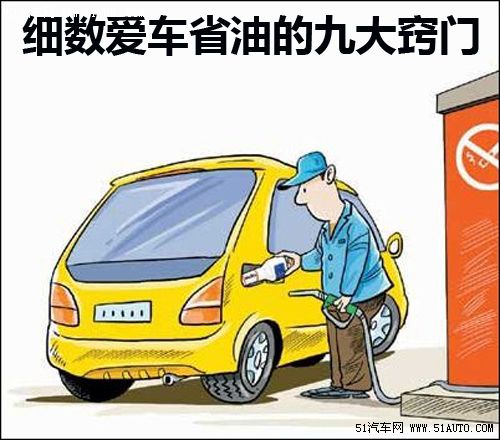brass fittings according to EN1254,the material is DZR602 and 754S,brass fittings,brass plumbing fittings,brass pipe fittings,connex brass fittings,yorkshire brass fittings,pegler brass fittings brass fittings,brass plumbing fittings,brass pipe fittings,connex brass fittings,yorkshire brass fittings,pegler brass fittings Taizhou Runde Company , https://www.zjbronzefittings.com
Tip 1: To avoid idling the engine for long periods of time When the engine is at idle, the fuel consumption of the engine is much greater than normal driving. Therefore, when the vehicle is not started for a long time, such as parking, it is best to turn off the engine.
Tip 2: As far as possible to avoid emergency brakes, soft, smooth driving style is the most fuel-efficient. In the initial stage, try to avoid slamming the throttle. The correct method is smooth acceleration, and after reaching a certain speed, it should be kept as even as possible. When driving on a crowded road, you must also look at the road ahead to avoid sudden braking. This not only saves fuel but also extends the life of the vehicle.
Tip 3: Maintaining proper speed In general, the speed is the most fuel-efficient at 88.5 kilometers per hour. When the speed is increased to 105 kilometers per hour, the fuel consumption will increase by 15%, and it will increase by 25 to 110 kilometers per hour. %.
Tip 4: Keep the vehicle low in wind resistance When driving at high speeds, a large part of the power is used to overcome wind resistance. Therefore, try not to load on the roof or make unreasonable modifications. It is estimated that adding a luggage rack on the roof will increase fuel consumption by 5%. In addition, in the high-speed state, do not think that opening the window will be more fuel-efficient than opening the air conditioner, because the window will greatly increase the air resistance, but will be more costly.
Tip 5: Doing routine maintenance Clean air filters and oil filters, worn spark plugs, and problematic emission control systems may increase fuel consumption. According to statistics, it is normal for a poorly maintained engine to increase fuel consumption by 10% or 20%, and dirty air filters can also result in a 10% increase in fuel consumption. In order to maintain the best performance of the car, it is best to replace the oil every 5,000 km and check the filter.
Tip 6: Maintain normal tire pressure levels. Insufficient tire pressure will increase rolling resistance. According to the test, the tire pressure is 2 psi lower than the specified value (pressure unit: pounds per square foot), and the fuel consumption will increase by 1%. Tire shifts or excessive wear may also increase fuel consumption. Therefore, it is best to check the tire pressure once a month. In addition, the use of certain green tires can also reduce fuel consumption by 3% to 8% on average.
Tip Seven: Give the car a lighter load. Unnecessary things in the trunk can reduce the weight of the car and also save energy.
Tip 8: When choosing a reasonable traffic line for traffic jams, the fuel consumption of the car is the largest. Therefore, in big cities, congestion road sections should be avoided as much as possible. For example, choosing a high-speed loop that bypasses the road will result in much lower fuel consumption than straight roads that cross the city center.
Tip 9: Morning refueling The relatively low temperature in the morning, the density of gasoline is greater, so the same price may make you get a little more gasoline when you refuel.
Count down the nine tips for fuel-efficient cars
Although in recent days, due to the sharp fall in international oil prices, domestic refined oil has also experienced several price cuts, breaking 7 has become an inevitable trend, but compared to the average family, the high fuel costs are still a lot of owners stunned. Today's editors are here to recommend nine tricks to let cars reduce fuel consumption, and hopefully it will help the majority of owners.